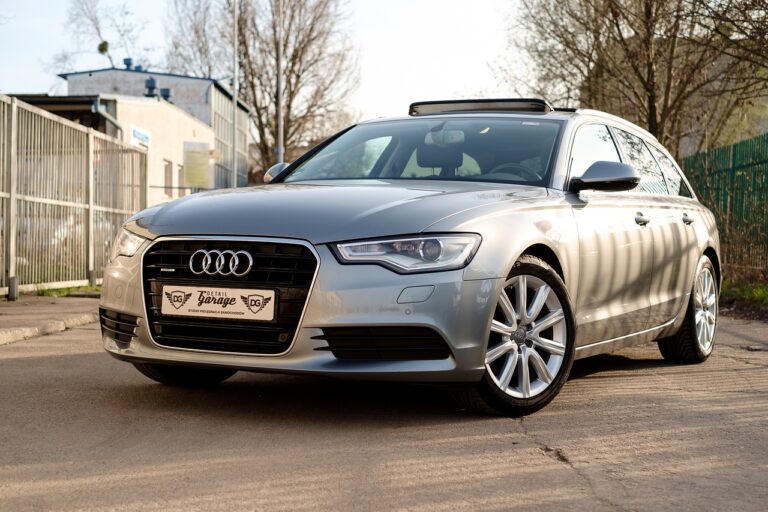Addressing Challenges in Automotive Air Conditioning Installation for Electric Vehicles
betbhai9 sign up, radhe exchange, my laser247:Addressing Challenges in Automotive Air Conditioning Installation for Electric Vehicles
Whether you’re a car enthusiast or just looking to reduce your carbon footprint, electric vehicles (EVs) are becoming an increasingly popular choice for environmentally-conscious drivers. One of the essential components of any vehicle is the air conditioning system, which ensures comfort during hot summer days or long road trips. However, installing air conditioning in electric vehicles comes with its own set of challenges that need to be addressed.
In this blog post, we will discuss the challenges faced in automotive air conditioning installation for electric vehicles and provide some solutions to overcome them.
1. Power Consumption
One of the primary challenges in installing air conditioning in electric vehicles is the high power consumption of traditional HVAC systems. EVs rely on batteries for power, and running an energy-intensive air conditioning system can significantly reduce the driving range. To address this challenge, manufacturers are developing more energy-efficient air conditioning systems specifically designed for electric vehicles.
2. Weight and Space Constraints
Electric vehicles have limited space and weight capacity compared to traditional gas-powered vehicles. This means that installing a bulky air conditioning system can impact the vehicle’s performance and overall efficiency. To overcome this challenge, engineers are working on developing lightweight and compact air conditioning systems that can fit into the limited space available in EVs.
3. Cooling Efficiency
Maintaining optimal cooling efficiency in electric vehicles can be challenging due to the lack of engine heat to help regulate the temperature. To address this, manufacturers are incorporating innovative cooling technologies such as variable refrigerant flow systems and heat pump systems, which can improve the overall performance of the air conditioning system.
4. Thermal Management
Effective thermal management is crucial in electric vehicles to ensure the batteries and electronic components remain at a safe operating temperature. Installing an air conditioning system that can efficiently cool the cabin while also managing the vehicle’s thermal dynamics is a complex challenge that engineers are actively working on solving.
5. Cost Considerations
Another challenge in automotive air conditioning installation for electric vehicles is the cost. Developing and installing a specialized air conditioning system for EVs can be expensive, which can impact the overall affordability of electric vehicles. Manufacturers are focusing on cost-effective solutions to make air conditioning more accessible in electric vehicles without compromising performance.
6. Integration with Vehicle Controls
Integrating the air conditioning system with the vehicle’s controls and battery management system is essential for optimal performance. Ensuring seamless communication between the different components of the EV can improve energy efficiency and overall functionality. Manufacturers are working on developing smart HVAC systems that can adapt to driving conditions and user preferences to enhance the driving experience.
Overall, addressing the challenges in automotive air conditioning installation for electric vehicles requires a combination of technological innovation, cost optimization, and efficient thermal management. By overcoming these challenges, manufacturers can make electric vehicles more comfortable and practical for consumers.
FAQs
Q: How does air conditioning impact the driving range of electric vehicles?
A: Running an air conditioning system in an electric vehicle can consume a significant amount of power, which can reduce the driving range. Using energy-efficient HVAC systems and optimizing thermal management can help minimize the impact on the driving range.
Q: Are there ways to improve the efficiency of air conditioning in electric vehicles?
A: Yes, manufacturers are developing innovative cooling technologies such as variable refrigerant flow systems, heat pump systems, and smart HVAC controls to improve the efficiency of air conditioning in electric vehicles.
Q: Is it expensive to install air conditioning in electric vehicles?
A: Developing and installing specialized air conditioning systems for electric vehicles can be costly, but manufacturers are working on cost-effective solutions to make air conditioning more accessible in EVs without compromising performance.
Q: How important is thermal management in electric vehicles?
A: Effective thermal management is crucial in electric vehicles to ensure the batteries and electronic components remain at a safe operating temperature. Installing an air conditioning system that can efficiently cool the cabin while also managing the vehicle’s thermal dynamics is essential for vehicle performance and longevity.







